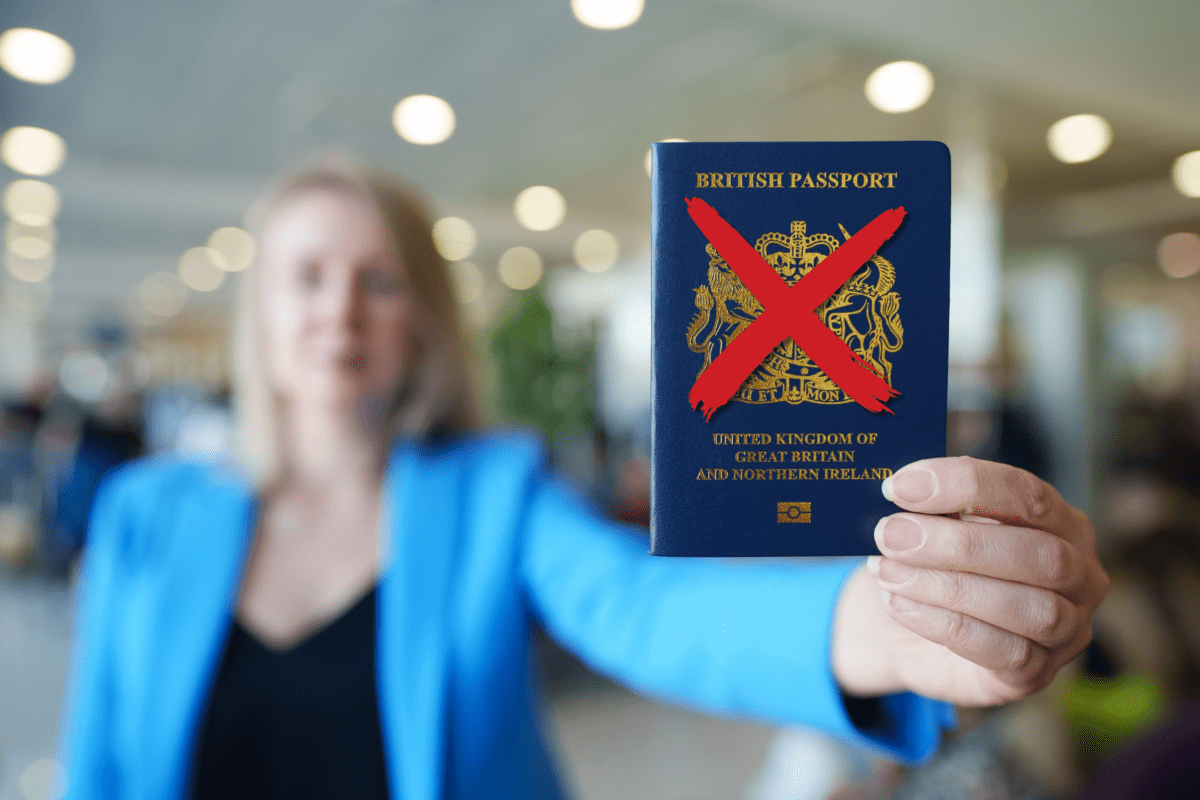Recent amendments to the Home Office’s Good Character guidance have introduced significant barriers for refugees seeking naturalisation as British citizens. These changes, which took effect from 10 February 2025, are already preventing a substantial number of refugees from securing British citizenship based on their mode of entry into the UK. While described as a “clarification” rather than a change, the updated guidance is having severe consequences for those affected.
Key Changes in the Guidance For UK Naturalisation
Illegal Entry and Naturalisation
The revised guidance explicitly states that from 10 February 2025, any person applying for British citizenship who previously entered the UK illegally will normally be refused, irrespective of how much time has passed since their entry.
- Before 10 February 2025: Illegal entry will still be considered, but applications will be reviewed on a case-by-case basis.
- From 10 February 2025: Any applicant with a history of illegal entry will face an automatic presumption of refusal.
Currently, the policy allows the Home Office to refuse citizenship applications where illegal entry occurred within the past ten years. The new guidance extends this restriction indefinitely, effectively banning affected individuals from ever becoming British citizens.
Arrival via Dangerous Journeys
A further addition to the guidance specifies that individuals who arrived without valid entry clearance via a dangerous journey will normally be refused citizenship.
- A dangerous journey includes travel by small boat, hidden in a vehicle, or other covert methods.
- This does not apply to those arriving via commercial airlines as passengers.
This provision disproportionately affects refugees, as many have no safe and legal routes to reach the UK and must resort to such journeys to claim asylum.
Impact on Refugees and the Naturalisation Process
The naturalisation process in the UK is already costly and does not include a formal right of appeal in case of refusal. The guidance states that refusals will “normally” occur, allowing some room for discretion. However, this change will likely deter many eligible individuals from even attempting to apply.
Data suggests that 62% of Labour voters support refugees being able to naturalise regardless of their method of arrival. Yet, this policy change, which lacks broad political support, serves to further isolate and exclude refugees from full participation in British society.
Connection to the Illegal Migration Act 2023
The Home Office appears to be positioning this change as a replacement for the citizenship ban contained within the Illegal Migration Act 2023. That ban was widely criticised for explicitly targeting refugees, and the new guidance echoes those exclusions by penalising individuals who arrive via dangerous journeys.
Historically, some guidance has suggested that certain categories of individuals—such as victims of trafficking—could have their cases considered more leniently. However, the new changes make no such distinctions explicit, leaving substantial uncertainty for refugees who may have been forced to travel illegally.
Violation of the Refugee Convention
The new guidance appears to conflict with Article 31 of the Refugee Convention, which protects refugees from penalties for illegal entry if they:
- Travelled directly from a country where they feared persecution.
- Presented themselves to the authorities without delay.
- Showed good cause for their illegal entry.
The previous versions of the guidance at least acknowledged the need to assess asylum claims on a case-by-case basis with reference to Article 31. The omission of these considerations in the latest amendments suggests a significant departure from international legal norms.
Implications of the New Guidance and Legal Considerations
These changes introduce significant restrictions on naturalisation, affecting individuals who may have been granted leave to remain rather than refugee status. The guidance does not distinguish between different circumstances of illegal entry, which may impact a broad range of applicants seeking British citizenship.
Conclusion
The updated Good Character guidance introduces new restrictions on naturalisation, affecting individuals who may have entered the UK illegally. Given the high application fees and lack of an appeal process, these changes could significantly impact those seeking British citizenship.
GSC Solicitors LLP provides expert legal advice on UK immigration and naturalisation. While the new restrictions may limit naturalisation for certain individuals, our team can assess individual circumstances to explore possible legal avenues. We can advise on alternative immigration routes, eligibility for discretion under the guidance, and potential challenges to refusals where applicable. Contact us for further guidance on how these changes may affect your case.
For further legal advice on UK immigration and naturalisation, contact GSC Solicitors LLP.











